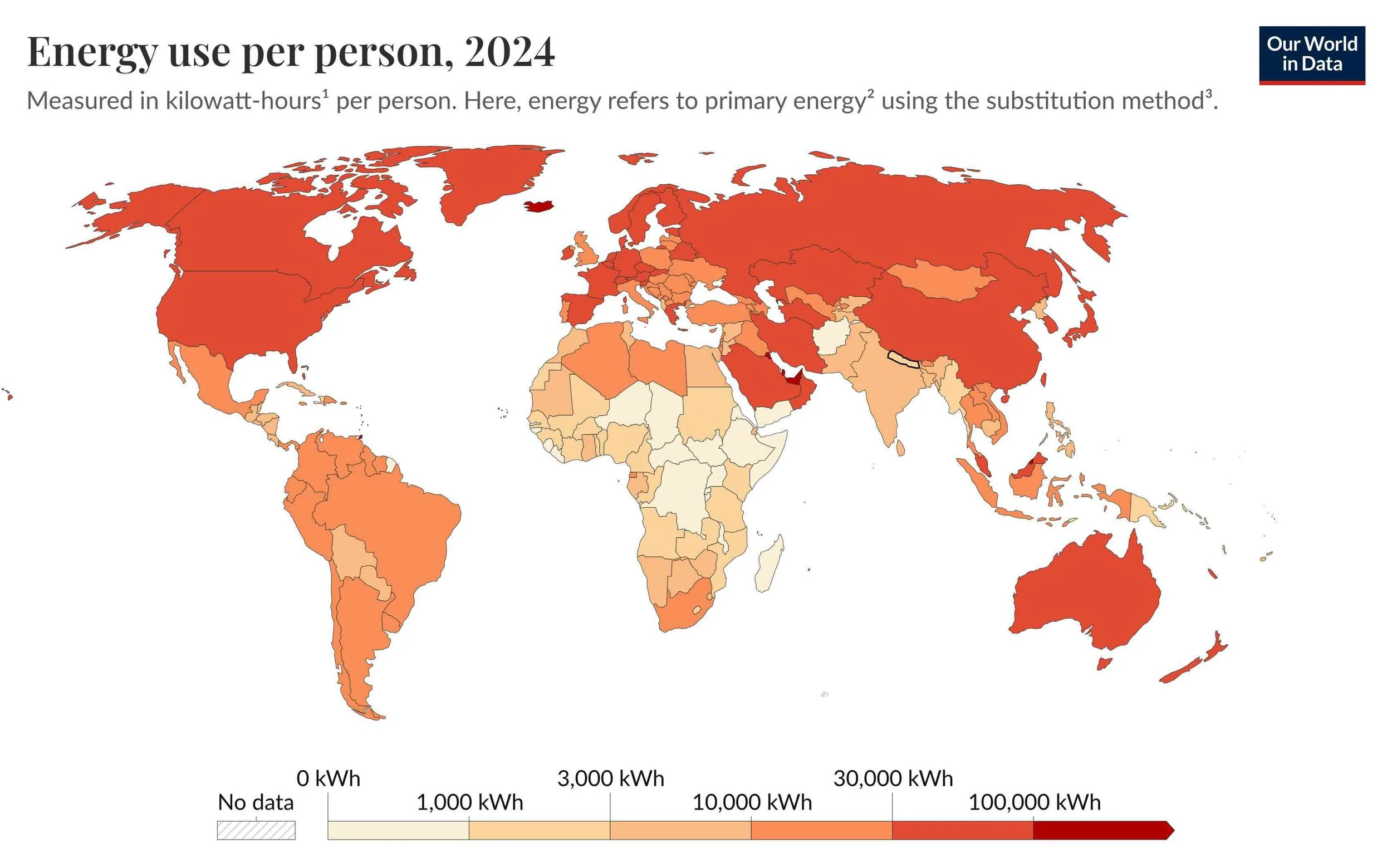Energy Trade in Southeast Asia: The Need to Address Resource Nationalism
Read the full article here.
Resource nationalism can impede energy cooperation in Southeast Asia. ASEAN can use a mix of carrots and sticks to deal with it.
Resource nationalism is conventionally understood as the governance of natural resources by government and/ or government-linked companies to meet strategic goals. Drawing on research by regional scholars and the author’s interviews with experts, it is proposed that resource nationalism in Southeast Asia is as much an outcome of competing interests between domestic stakeholders and regional economic disparities as overt nationalistic perceptions towards natural resources.
Domestic politics is a deciding factor in the trajectory of regional energy cooperation in Southeast Asia. On one hand, strong support by national actors is critical for accelerating regional transition. On the other hand, these actors can potentially impede cooperation, particularly if their vision towards energy trade is obstructed by the myopia of resource nationalism.
Source: Our World In Data


